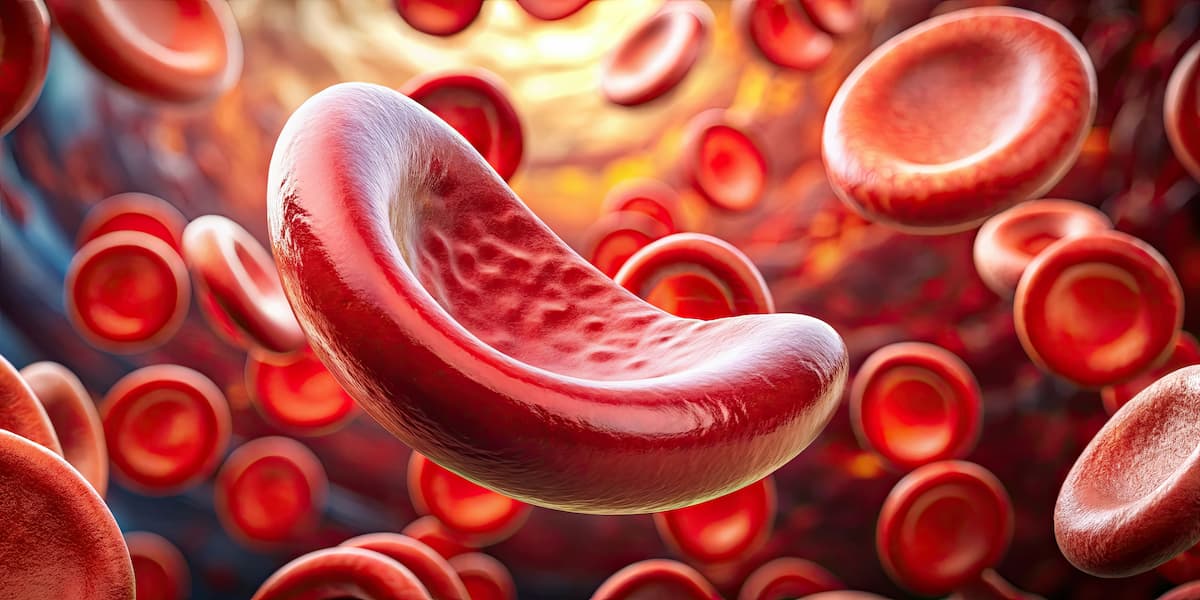Article
Mild, Moderate COVID-19 Can Affect Cardiovascular System in Young Adults, Study Shows
Author(s):
Investigators followed men and women aged 20 to 40 years without pre-existing disease, and findings indicate that obesity and physical inactivity increase the impact of the disease.
Even mild to moderate SARS-CoV-2 infection can cause an imbalance in the cardiovascular system of young adults without pre-existing diseases, the results of a new study showed.
In addition, the study results showed that both a low level of physical activity and obesity are key factors after COVID-19 that may alter the autonomic nervous system, which regulates such vital functions as blood pressure, breathing, and heart rate.
“The results offer elements that should encourage people even with mild symptoms of COVID-19 to seek a more detailed diagnosis. The processes triggered by the virus can have consequences of which the patient is unaware,” principal study investigator Fábio Santos de Lira, assistant professor and coordinator of the physical education course at São Paulo State University (UNESP) in Brazil said in a statement.
The research team recruited female and male patients with COVID-19 between aged 20 and 40 before they were vaccinated in Presidente Prudente, which by the end of February 2022 had 39,049 confirmed cases and 982 deaths from the disease.
The participants were diagnosed by reverse transcription polymerase chain reaction no more than 6 months before and had mild to moderate symptoms of COVID-19. Additionally, there was a control group made up of age-matched healthy subjects. In total, the study evaluated 57 individuals, with 38 remaining as the study sample after exclusions, because of chronic disease, drug use, and vaccination, among other reasons.
Each participant underwent an initial assessment that included body mass index (BMI) and measurement of physical activity by 3-axis accelerometer. The investigators assessed autonomic nervous system functioning by measuring heart rate variability.
A key finding was that the post-COVID-19 patients showed augmented activity of the sympathetic nervous system, diminished activity of the parasympathetic nervous system, and lower overall variability than the control group. For obese, overweight, and/or physically inactive participants autonomic heart rate modulation was less effective.
The study results provide new insights into the role of BMI and physical activity on post-COVID-19 autonomic deregulation that may contribute to a better understanding of the pathophysiology and treatment of post-acute COVID-19 symptoms, according to investigators..
“We didn’t expect such an altered cardiovascular system, because they were young and didn’t have other diseases. Our study shows that significant functional alterations are possible in people who have had COVID, even without severe symptoms,” study co-author Luciele Guerra Minuzzi, a postdoctoral fellow at UNESP, said in the statement.
“This heart rate variation, for example, could become arrhythmia in future,” she said.
The different variations were reflected in the participants’ daily activities, such as the capacity to perform physical exercises, climb staircases, and walk, and they reported fatigue and weakness.
The investigators plan to further analyze other results of the same tests, and they will continue to monitor the same patients after receiving their vaccinations. The investigators will conduct the next assessment in the 18th month after vaccination.
Reference
Even mild or moderate COVID-19 can affect the cardiovascular system in young adults, study shows. EurekAlert! News release. March 15, 2022. Accessed March 30, 2022. https://www.eurekalert.org/news-releases/946498





